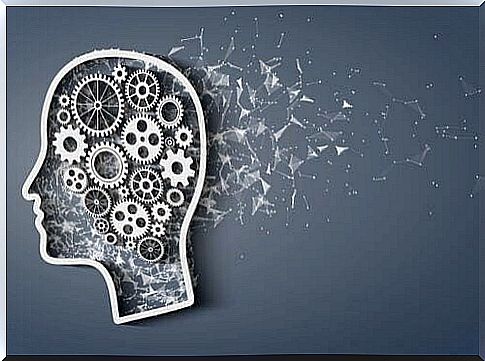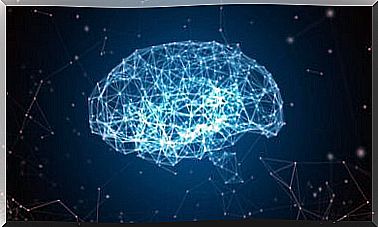Metacognition: Characteristics And Components

The term “metacognition” is complex. One could say that it is about knowledge about knowledge itself, about thinking about one’s own thoughts. Or put another way, the ability to know and regulate the way we think about and embrace conscious-level control of cognitive processes such as memory, attention, and comprehension.
Metacognition gives us that extra flexibility that characterizes the human mind. Thus, one must understand metacognition as second-order knowledge. Hence the prefix “meta”. This allows us to assess executive processes and act accordingly to improve our operations.
Here is an example of metacognition: you read a text then, checking if you have understood it correctly, you realize that not, and you reread it. Or, you try to solve a problem, but you perceive that the mental strategy you are applying is not working, and then switch to another.
A key aspect of understanding metacognition more easily is to be clear that it is a multi-faceted concept. We can talk about this from two different perspectives, although to a great extent related. One is the content and the other is the process involved.
Thus, we can speak of metacognitive knowledge, but also of metacognitive control. In the rest of this article, we explain each of these perspectives and what they entail. Let’s dig deeper.

Metacognitive knowledge
This topic refers to what people know about their cognitive processes and those of others in general. Thus, this face of metacognition refers to aspects of content or knowledge itself. It is declarative knowledge that, for example, we practice when we think about our intellectual capacities or our memory capacity.
This type of knowledge has certain characteristics. Indeed, it is:
- Relatively stable, like an intuitive model around knowledge and how it works
- Constant and communicable, as soon as it is accessed to reflect and talk about it
- Failing, since one can have erroneous reasoning and false ideas
- Is developed late, since it appears in the later stages of development, and requires a great capacity for abstraction
In addition, meta-cognitive knowledge consists of 3 main elements:
- Personal variables: this is knowledge referring to ourselves as thinkers and apprentices. In other words, to our abilities and experiences in carrying out various tasks. For example, thinking that we are no better at math than we are in languages, or that we are better at remembering names than a friend.
- Variables of the task: these include the knowledge that one has of the objectives, as well as all these characteristics which influence the difficulty to reach the latter. For example, knowing what to study takes a lot more effort than reading a novel.
- Strategic variables: this is the knowledge we have of the means that can help in the execution of tasks. This involves understanding the declarative, procedural and contextual aspects of the applicable strategies.
Metacognitive control
Metacognitive control refers to active supervision, and therefore to its regulation and organization, in view of the processes that operate at a given time. In other words, it relates to the ability to be attentive to possible failures and to act accordingly to reduce them. However, it is important to qualify this, and to say that the metacognitive process is present before, during and after the objective task.
Metacognitive control has the following characteristics :
- It is considered stable, since associated with cognitive activity, and therefore, it depends on the situation and the concrete task
- It is relatively independent of age: it seems that once metacognitive processes have developed, age is not an influencing variable.
- It is a process, to a large extent, procedural and subconscious : therefore, many of its aspects are inaccessible and incommunicable.
The main components of metacognitive control are:
- Planning: it refers to the development of a strategic plan before starting the task. This implies organizing the remedies and strategies to be used, taking into account the final objectives pursued
- Supervision: it consists of the review and adjusts the actions during the successful completion of the task, in order to achieve a progressive approach towards the goals. This involves a dual interactive process: “bottom-up” reasoning and error detection as well as “top-down” reasoning and error correction.
- Evaluation: this is the valuation of the final results after the completion of the task in connection with the previous objectives. In order to consider corrections and changes in strategy in future tasks

Metacognition is a key aspect in the information process. In fact, in most tasks, we observe that metacognitive aspects are omnipresent ; both with regard to metacognitive knowledge and metacognitive control. On the other hand, it should also be understood that the difference between cognition and metacognition is a very fine line, which leads us to think of a dimensional aspect rather than stagnant categories.
Studying metacognition helps us understand human thinking and reasoning. Which is very important in a multitude of other fields, such as the clinical field or education. Since understanding how the human mind works helps us to improve all the processes related to it.









